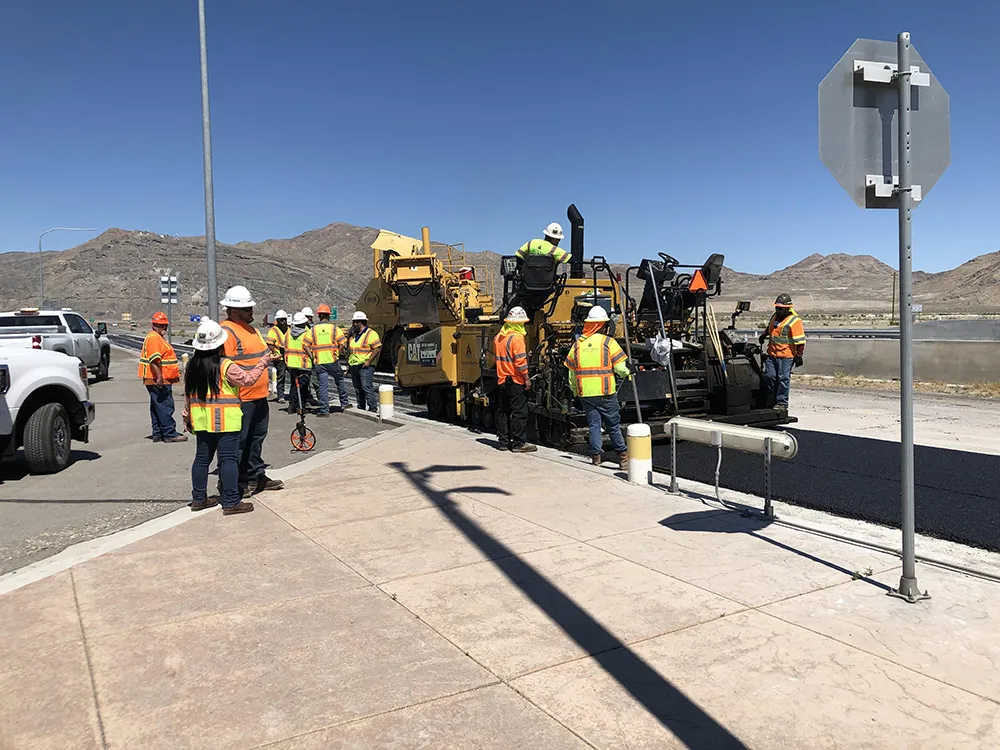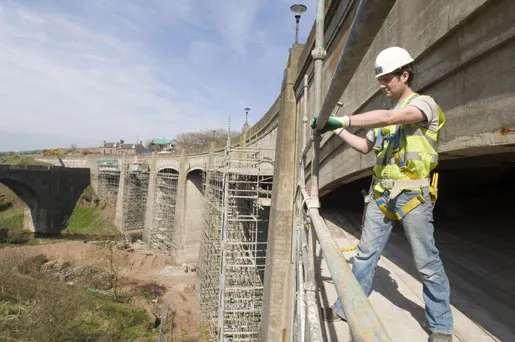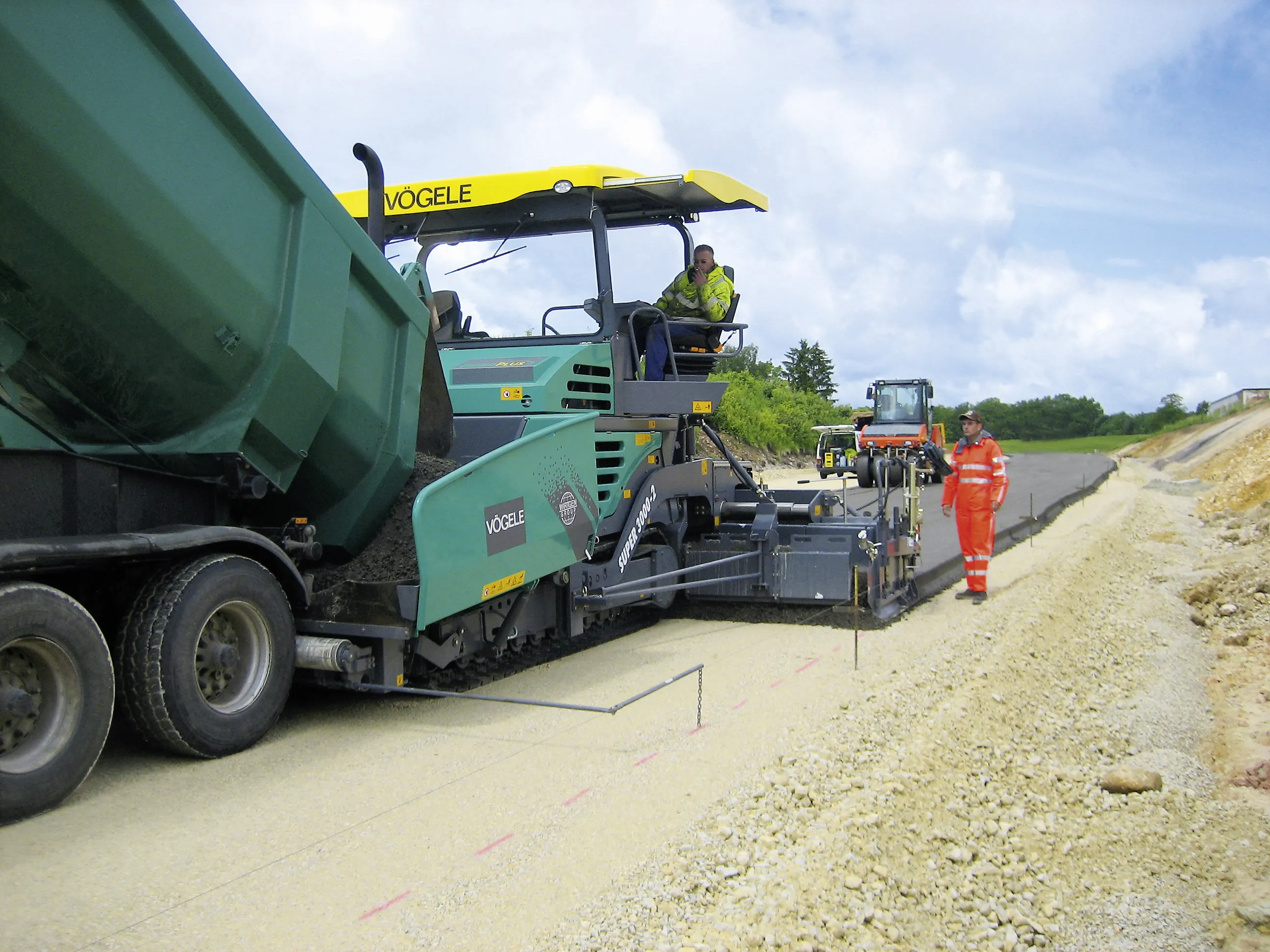As the Northern Hemisphere recovers from yet another tough winter, the road system in many countries can be seen to have taken a heavy battering. Potholes abound in many countries, the legacy of cold weather, and this has been made worse by heavy rain that has caused widespread flooding and also damaged bridges.
March 13, 2014
Read time: 3 mins

As the Northern Hemisphere recovers from yet another tough winter, the road system in many countries can be seen to have taken a heavy battering. Potholes abound in many countries, the legacy of cold weather, and this has been made worse by heavy rain that has caused widespread flooding and also damaged bridges.
Part of the problem is one of the methods used for repair. Cheap, low quality repairs are common as a quick fix solution for damaged roads. But such construction methods often lead to early failures, costing significantly more in the long run. The cheap road repairs bring technical problems and many asphalt road surfaces fail due to moisture ingress at joints, with the freeze thaw process then breaking away the edgesand further repairs subsequently being needed.
But the problems of road maintenance go deeper than potholes. A recent report in the British press for instance suggested that some minor roads in the South West of England have been neglected for so long that they are almost beyond repair and may have to be abandoned. Maintenance has focussed on patching rather than on rebuilding the underlying base, with the result that the road structure is now beginning to give way and any surface repairs are unlikely to last long as they will fail from underneath.
Large temperature variations can cause major problems for road structures and surfaces and in Russia there has been some debate as to whether to use more concrete road construction methods. The failure of the asphalt surfaces on some major Russian highways prompted the authorities to consider concrete roads instead. Russia’s tough climate with its cold winters and hot summers certainly places enormous stresses on road surfaces, making material selection a tricky problem for designers and specifiers.
Both asphalt and concrete roads can be built to withstand the extremes of winter and summer climates. Techniques such as echelon paving can minimise the risk of joint failures in new asphalt surfaces, while joint heating can ensure that repairs last far longer. Hot-on-hot paving techniques can provide resilient surfaces with strong bonds between layers that will wear well despite heavy traffic volumes. Meanwhile machine control technologies and new surfacing techniques can optimise concrete road construction techniques and provide long-lasting roads that will perform far better in terms of skid resistance and road noise.
The technology to deliver longer lasting roads is available. But tight budgets mean that road authorities are skimping on their spending, storing up problems for the future.
Part of the problem is one of the methods used for repair. Cheap, low quality repairs are common as a quick fix solution for damaged roads. But such construction methods often lead to early failures, costing significantly more in the long run. The cheap road repairs bring technical problems and many asphalt road surfaces fail due to moisture ingress at joints, with the freeze thaw process then breaking away the edgesand further repairs subsequently being needed.
But the problems of road maintenance go deeper than potholes. A recent report in the British press for instance suggested that some minor roads in the South West of England have been neglected for so long that they are almost beyond repair and may have to be abandoned. Maintenance has focussed on patching rather than on rebuilding the underlying base, with the result that the road structure is now beginning to give way and any surface repairs are unlikely to last long as they will fail from underneath.
Large temperature variations can cause major problems for road structures and surfaces and in Russia there has been some debate as to whether to use more concrete road construction methods. The failure of the asphalt surfaces on some major Russian highways prompted the authorities to consider concrete roads instead. Russia’s tough climate with its cold winters and hot summers certainly places enormous stresses on road surfaces, making material selection a tricky problem for designers and specifiers.
Both asphalt and concrete roads can be built to withstand the extremes of winter and summer climates. Techniques such as echelon paving can minimise the risk of joint failures in new asphalt surfaces, while joint heating can ensure that repairs last far longer. Hot-on-hot paving techniques can provide resilient surfaces with strong bonds between layers that will wear well despite heavy traffic volumes. Meanwhile machine control technologies and new surfacing techniques can optimise concrete road construction techniques and provide long-lasting roads that will perform far better in terms of skid resistance and road noise.
The technology to deliver longer lasting roads is available. But tight budgets mean that road authorities are skimping on their spending, storing up problems for the future.









